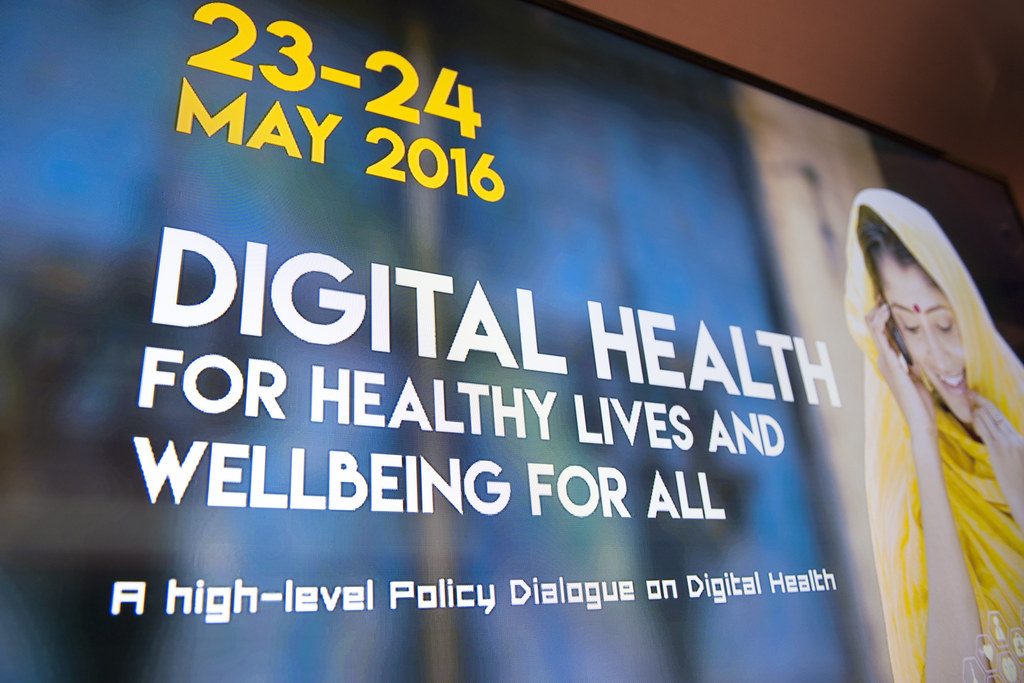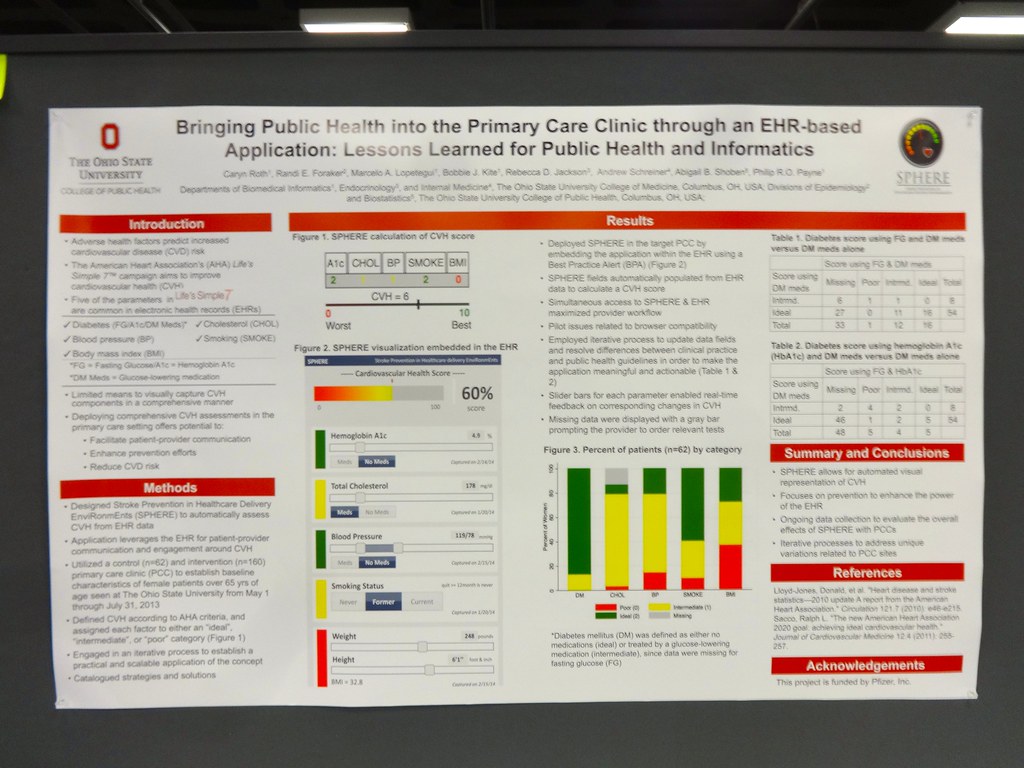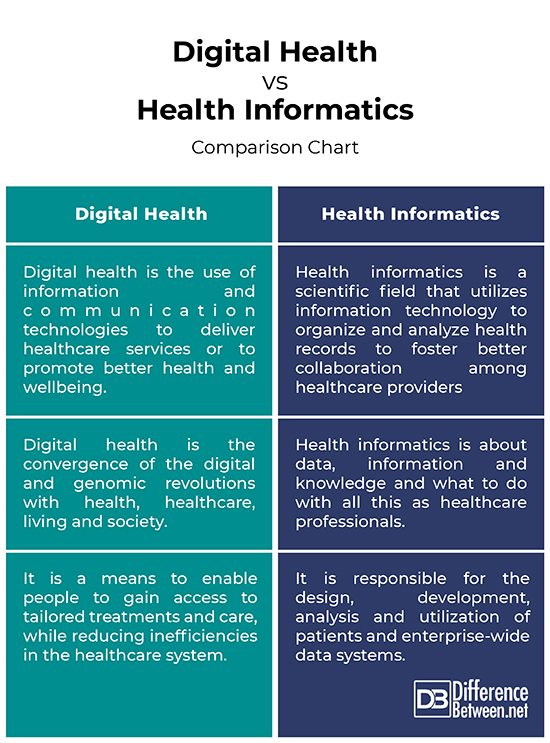Difference Between Digital Health and Health Informatics
During the last few decades, the volume of medical knowledge has increased at such an unprecedented rate that we are witnessing a significant growth in the number of health and medical specialties. Bringing this new knowledge to the aid of patients in an equitable fashion has always been a daunting task. All this because of the unmanageable volume of medical knowledge and the limitations under which humans can process so much information.
Adding to the confusion are the many interrelated terms such as Digital Health, eHealth, Telehealth, Telemedicine, and Health Informatics which are used to describe a broad concept within healthcare. We’ll be discussing about two such terms – Digital Health and Health Informatics – which often overlap but they are not synonymous with each other. So understanding the difference between the two is very important. Digital health is a much broader concept within health, healthcare, living and society whereas health informatics is related to specifically health and medicine.
What is Digital Health?
Digital health represents an evolutionary adaptation of the art and science of medicine to pervasive information and communication technologies (ICTs). Digital health is the convergence of the digital and genomic revolutions with health, healthcare, living and society. It refers to a wide range of technologies directed at delivering healthcare to the masses, training and educating healthcare professionals, providing information to lay people and helping them share their experiences of health and illness, promoting self-care, and encouraging others to engage in activities to promote their wellbeing. In many countries, digital health is promoted as the means to enable people to gain access to tailored treatments and care, while reducing inefficiencies in the healthcare system. In simple terms, digital health refers to the use and leverage of information and communication technologies to deliver healthcare services or to promote better health and wellbeing.
What is Health Informatics?
Health informatics is a rapidly developing scientific field that utilizes information technology to organize and analyze health records to foster better collaboration among the various healthcare providers of a patient. It plays a key role in pushing for a better healthcare reform. Health informatics provides the tools to generate information from data that clinicians, researchers and healthcare providers can turn into knowledge and wisdom. Information is useful data or facts from which conclusions can be drawn by humans or computers. Health informatics is a result of evolution, having its roots in the histories of information technology and medicine. It began as a new field of study in the time frame between 1950s – 1960s but only recently gained traction as an important component of many aspects of healthcare. With the advent of the internet, high speed computers, voice recognition, wireless and mobile technology, healthcare professionals have now more tools than ever at their disposal.
Difference between Digital Health and Health Informatics
Concept
– Digital health is the use of information and communication technologies (ICTs) to optimize the delivery and receipt of health information and services. The ubiquity of mobile phones makes the concept of remote healthcare a viable and scalable reality. Digital health is the convergence of the digital and genomic revolutions with health, healthcare, living and society. Health informatics, on the other hand, is a rapidly developing scientific field that utilizes information technology to organize and analyze health records to foster better collaboration among a patient’s various healthcare providers.
Role
– Digital health is a means to enable people to gain access to tailored treatments and care, while reducing inefficiencies in the healthcare system. The goal is to improve population health and the quality of outcomes of care and service, thereby improving the providers’ and non-providers’ overall experience. Health informatics is a diverse field that ensures everyone is provided with the best quality of healthcare. It is responsible for the design, development, analysis and utilization of patients and enterprise-wide data systems. Health informatics strives to enhance all aspects of healthcare at all times.
Technology
– The broad scope of digital health includes digital technologies that are constantly evolving and categories such as mobile health (or mHealth), wearable devices such as activity trackers, health information technology, telehealth and telemedicine. Digital health is the use of information and communication technologies to deliver healthcare services or to promote better health and wellbeing. Informatics is the science of information and the blending of people, biomedicine and technology. Health informatics is about data, information and knowledge and what to do with all this as healthcare professionals.
Digital Health vs. Health Informatics: Comparison Chart
Summary
Digital health is the convergence of the digital and genomic revolutions with health, healthcare, living and society to enhance the efficiency of healthcare delivery and to promote better health and wellbeing. It is a means to enable people to gain access to tailored treatments and care, while reducing inefficiencies in the healthcare system. Health informatics, on the other hand, is a component of the digital health which is responsible for the design, development, analysis and utilization of patients and enterprise-wide data systems. Health informatics is about data, information and knowledge and what to do with all this as healthcare professionals.
- Difference Between Caucus and Primary - June 18, 2024
- Difference Between PPO and POS - May 30, 2024
- Difference Between RFID and NFC - May 28, 2024
Search DifferenceBetween.net :
Leave a Response
References :
[0]Kidd, Michael R. et al. Health Informatics: An Overview. Amsterdam, Netherlands: IOS Press, 2010. Print
[1]Hoyt, Robert E. and Ann K. Yoshihashi. Health Informatics: Practical Guide for Healthcare and Information Technology Professionals (Sixth Edition). Morrisville, North Carolina: Lulu Press, 2014. Print
[2]Rivas, Homero and Katarzyna Wac. Digital Health: Scaling Healthcare to the World. Berlin, Germany: Springer, 2018. Print
[3]Lupton, Deborah. Digital Health: Critical and Cross-Disciplinary Perspectives. Abingdon, United Kingdom: Routledge, 2017. Print
[4]Image credit: https://live.staticflickr.com/2930/14177981927_fdbc024732_b.jpg
[5]Image credit: https://live.staticflickr.com/7416/26915642410_c6c542a228_b.jpg



